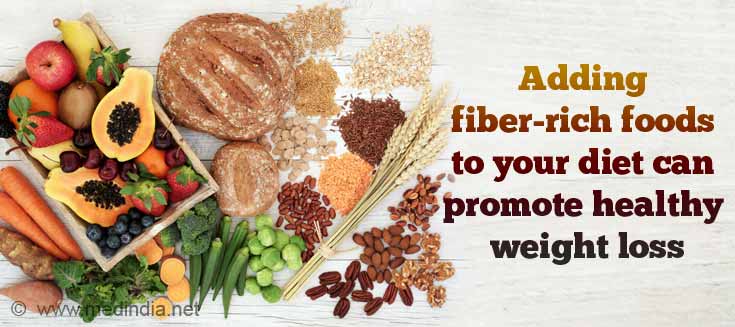- Dietary Protein and Weight Reduction - (https://www.ahajournals.org/doi/10.1161/hc4001.096152)
- Losing weight - (http://www.nhs.uk/Tools/Documents/WEIGHT-LOSS-PACK/all-weeks.pdf)
How to Choose the Best Weight Loss Program
There is no one-size-fits-all policy where diet is concerned. The diet which helps your friend lose weight could only make you weak and fatigued or the veggies that your cousin found so weight loss friendly may just upset your stomach.
Any weight loss program has to take into account the foods that help you
- breakdown your body fat to supply energy
- slow down your hunger pangs
- get more nutrients from that food, and
- to be compatible with your cultural and personal preference.
In general, studies have shown that the diets should include carbohydrate-rich foods with a low glycemic index, eight percent or less of saturated fat, at least 20g of dietary fiber per day, and 150mg or less of cholesterol per 1000 kcal for any weight loss diet program to succeed.
According to a study published in the journal Nutrition Review, sustainable weight loss, after-weight-loss maintenance, and better appetite regulation can be achieved just by varying the macronutrient distribution and composition of dietary factors.
''At present, renewed efforts are underway to increase the protein content of weight-loss diets, simultaneously restrict fat consumption to no more than 30%, favor polyunsaturated fat, have carbohydrates account for between 40 and 50% of total energy intake, and promote the consumption of low-glycemic foods", say the researchers of this study

Increasing the intake of dietary fiber is a very important part of any weight loss program. Remember to increase your fiber intake gradually as a sudden increase can cause cramps and constipation.
Food portion sizes are also an important consideration when on weight loss diet. Larger portions mean more calories; use smaller size plates and bowls, and aim for two portions of veggies on your plate since vegetables are low-calorie filling food, so you’ll be eating less of higher-calorie ingredients.
Last but not least, it takes about 20 minutes for your stomach to tell your brain you’re full. So, eat slowly since one tends to overeat when eating fast.
Developing healthier eating habits will not only help you lose weight, but help you ward off inflammation and mental and physical disorders.













